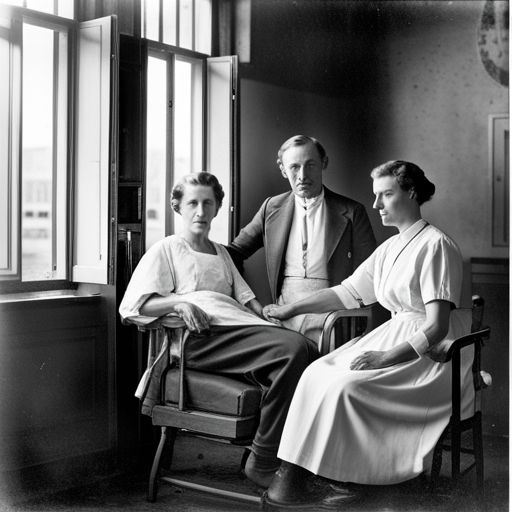It is normal to have bad breath when you wake up, and it usually goes away after brushing your teeth and having something to drink. However, if you have persistent bad breath, it could be a sign of an underlying condition that needs treatment. A dental professional in Reston can help you find the cause of your halitosis and treat it.입냄새치료기간
Bad breath can be caused by eating garlic or onions, smoking, drinking alcohol, and taking some medications. The odor can also be caused by mouth infections such as gum disease and tooth decay, or by the bacteria that build up on your tongue.
Fortunately, bad breath is almost always treatable. Using mouth rinses and toothpaste that kill the bacteria that cause odor may reduce or eliminate bad odors in many cases. You should also avoid foods that cause bad breath and chew on raw vegetables, such as carrots or apples, which stimulate saliva flow and help remove food particles and odor-causing plaque. Drinking lots of water, avoiding alcohol and sugary drinks, and chewing on sugar-free gum or candies are other ways to encourage the production of saliva. If your mouth is chronically dry, a dentist may recommend a saliva substitute or a medicine that stimulates the production of saliva.
If the odor is due to dental problems, your dentist may suggest a special mouthwash or toothpaste that contains an antibacterial agent that kills bacteria and prevents them from growing on the teeth. He or she may also suggest replacing a faulty filling, which can harbor odor-causing bacteria. If you have gum disease, your dentist may refer you to a periodontist for further treatment.
Certain health conditions can cause bad odor, including sinus infections and bronchitis, gastrointestinal problems such as acid reflux disease (GERD), and advanced liver or kidney diseases. Certain medicines, such as nitrates used to treat angina and some chemotherapy drugs, can also lead to a dry mouth, which can create odor-causing substances when they break down in the body.
A dentist can smell your breath and rate it on a scale, and may use a device that can detect particular compounds that are associated with bad odors. He or she may also scrape your tongue and examine the inside of your cheeks for signs of infection. If he or she cannot find a cause for your halitosis, he or she may refer you to your primary care physician or to a specialist. In some cases, the halitosis may be psychological in nature and require treatment by a therapist or psychiatrist. This is called pseudo-halitosis or halitophobia.해우소한의원
